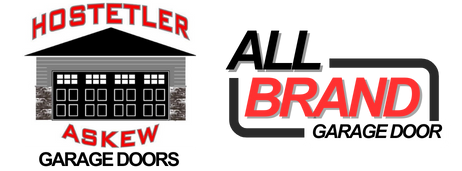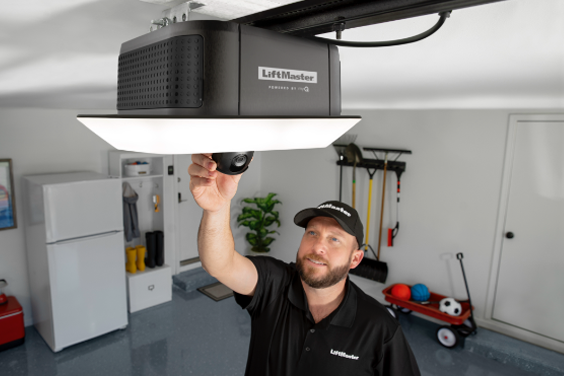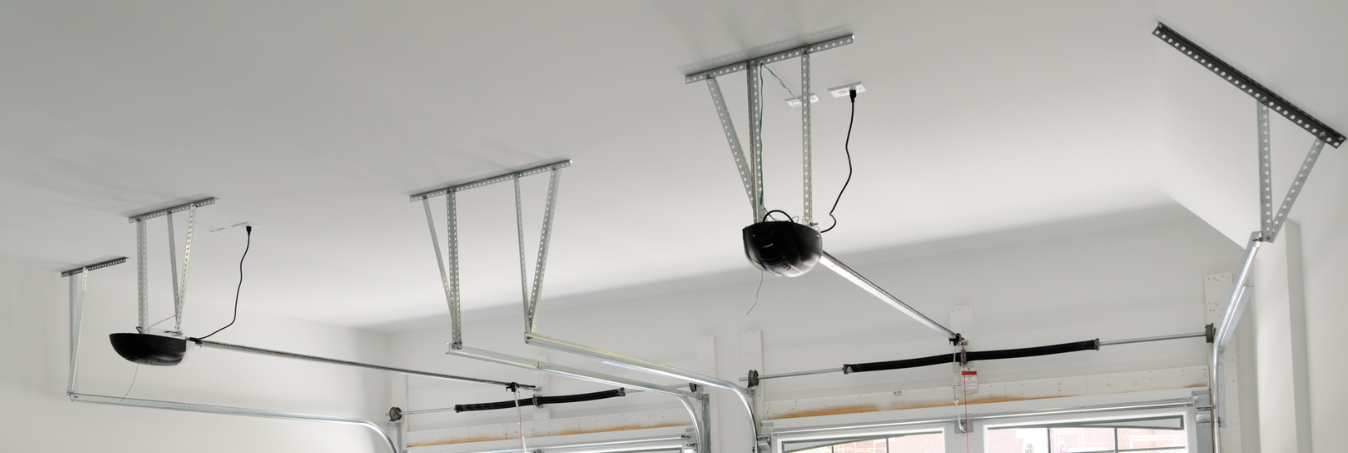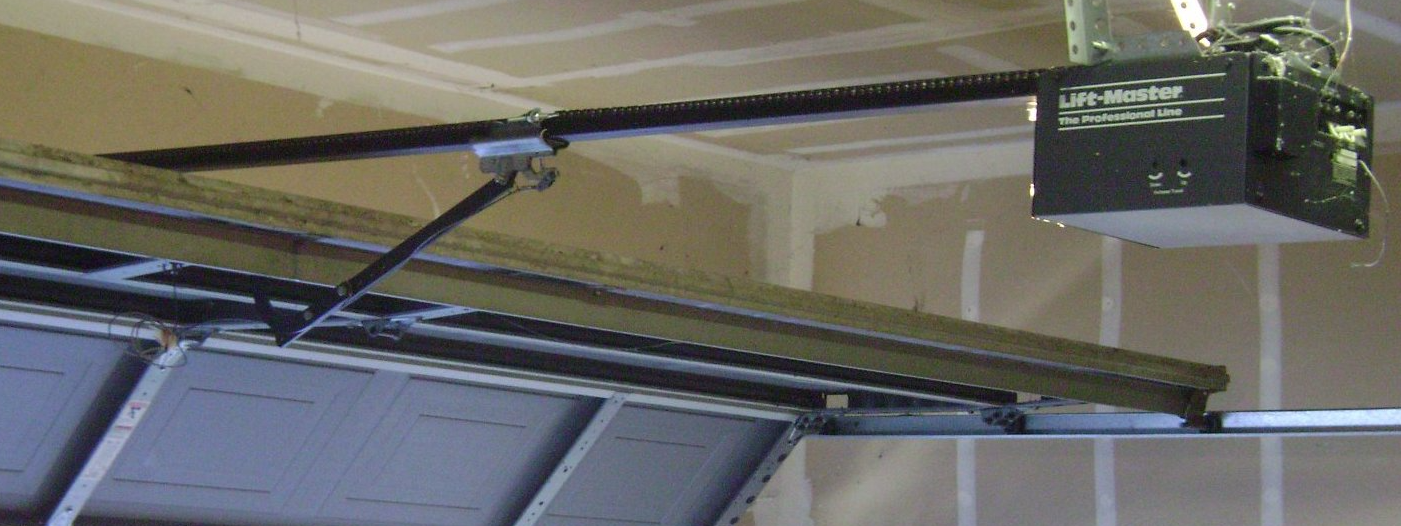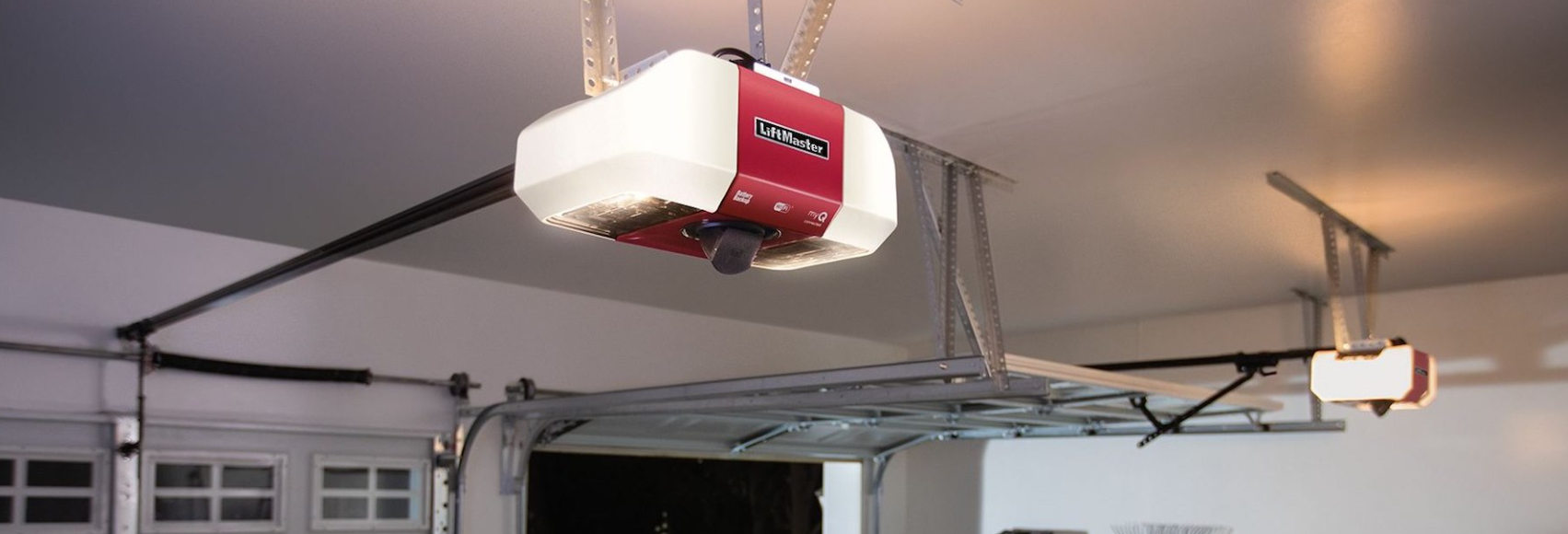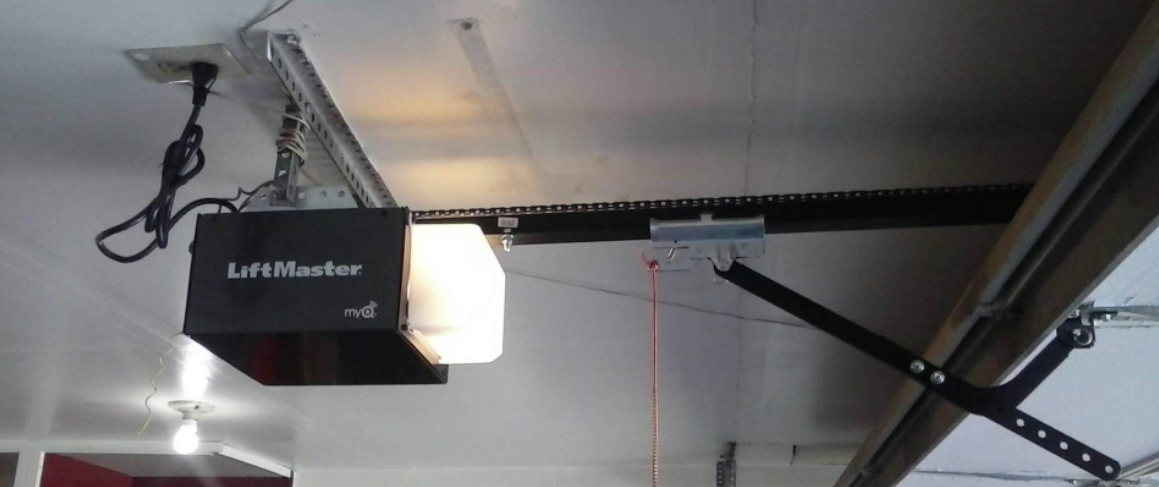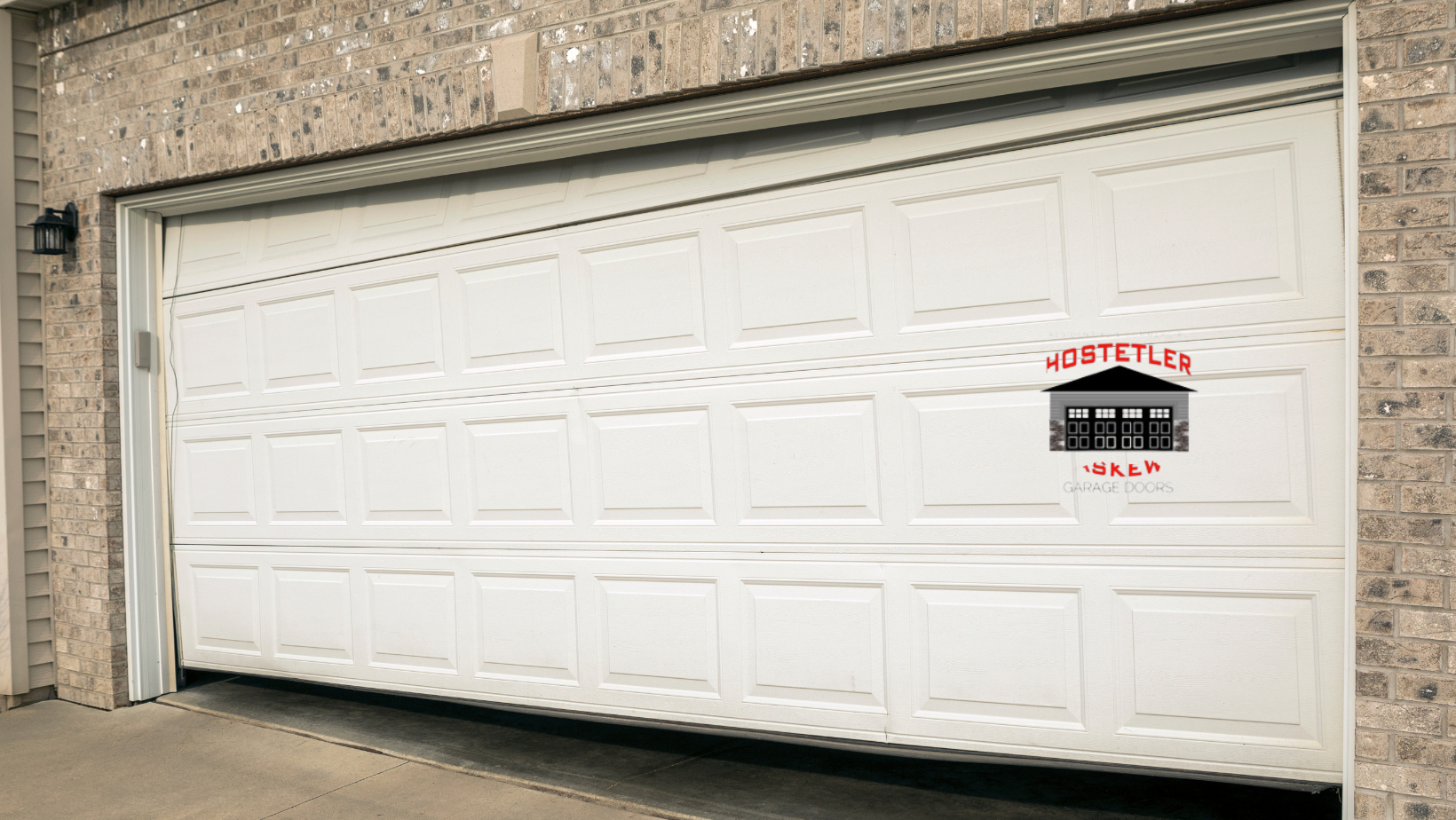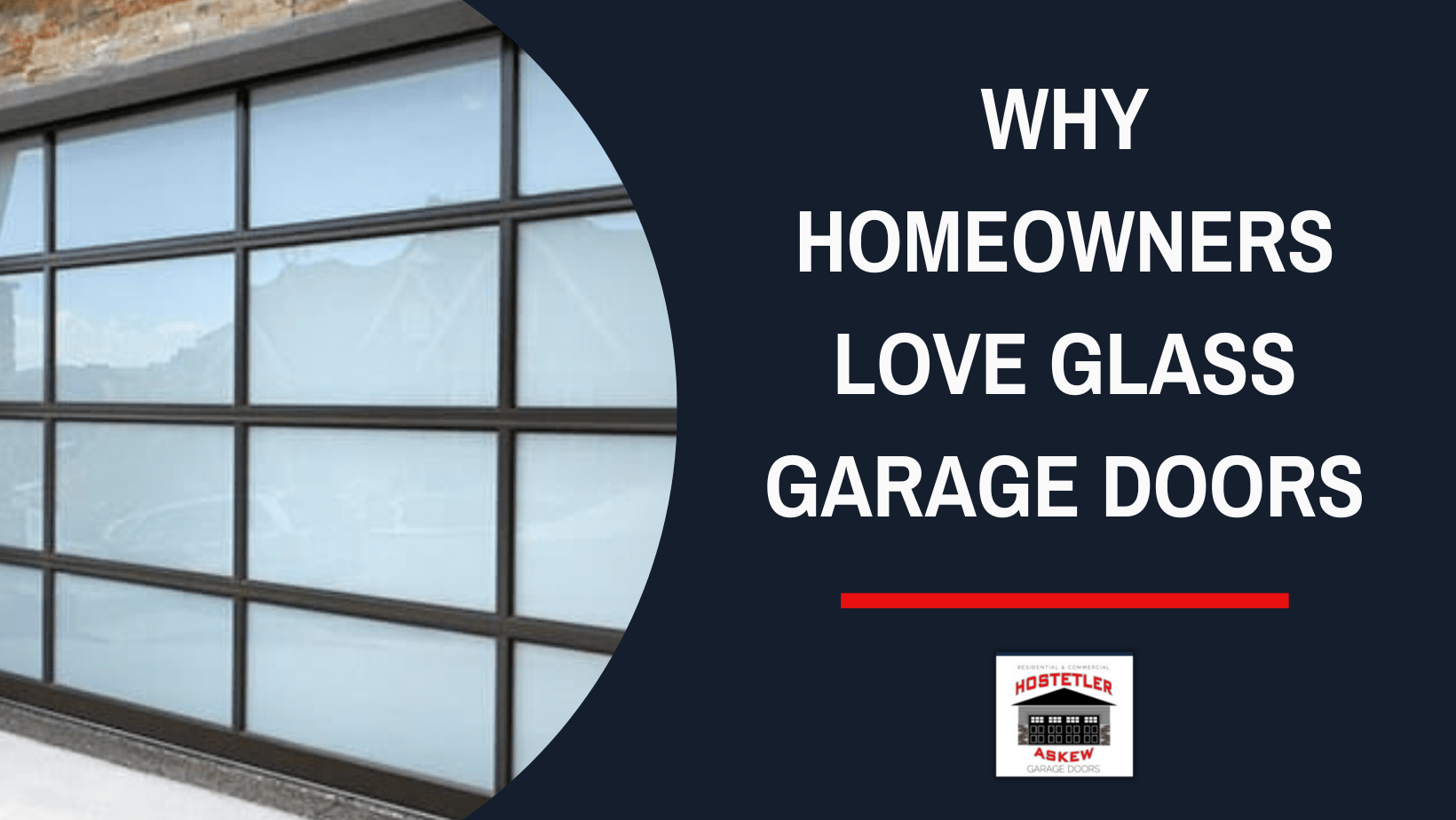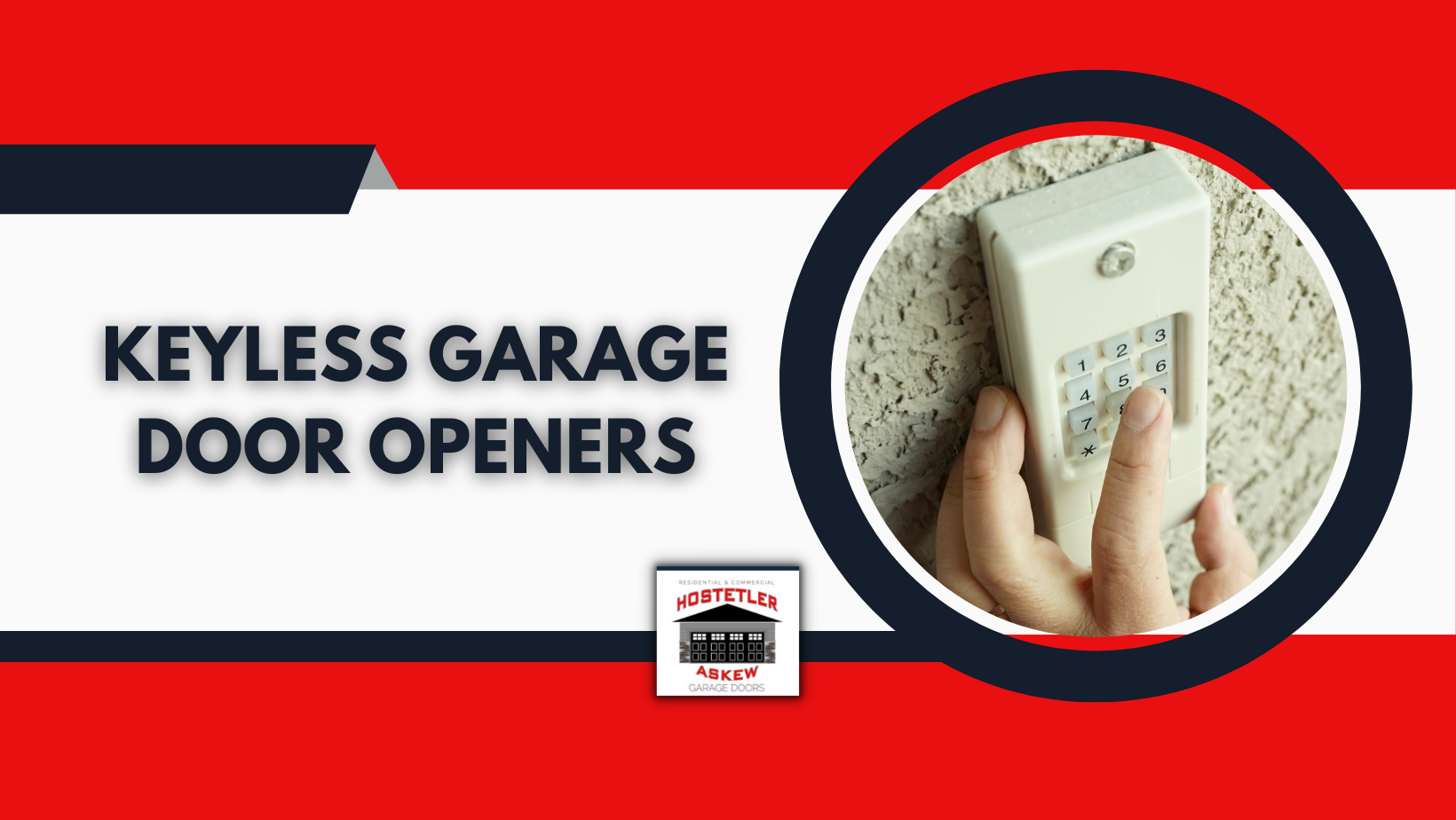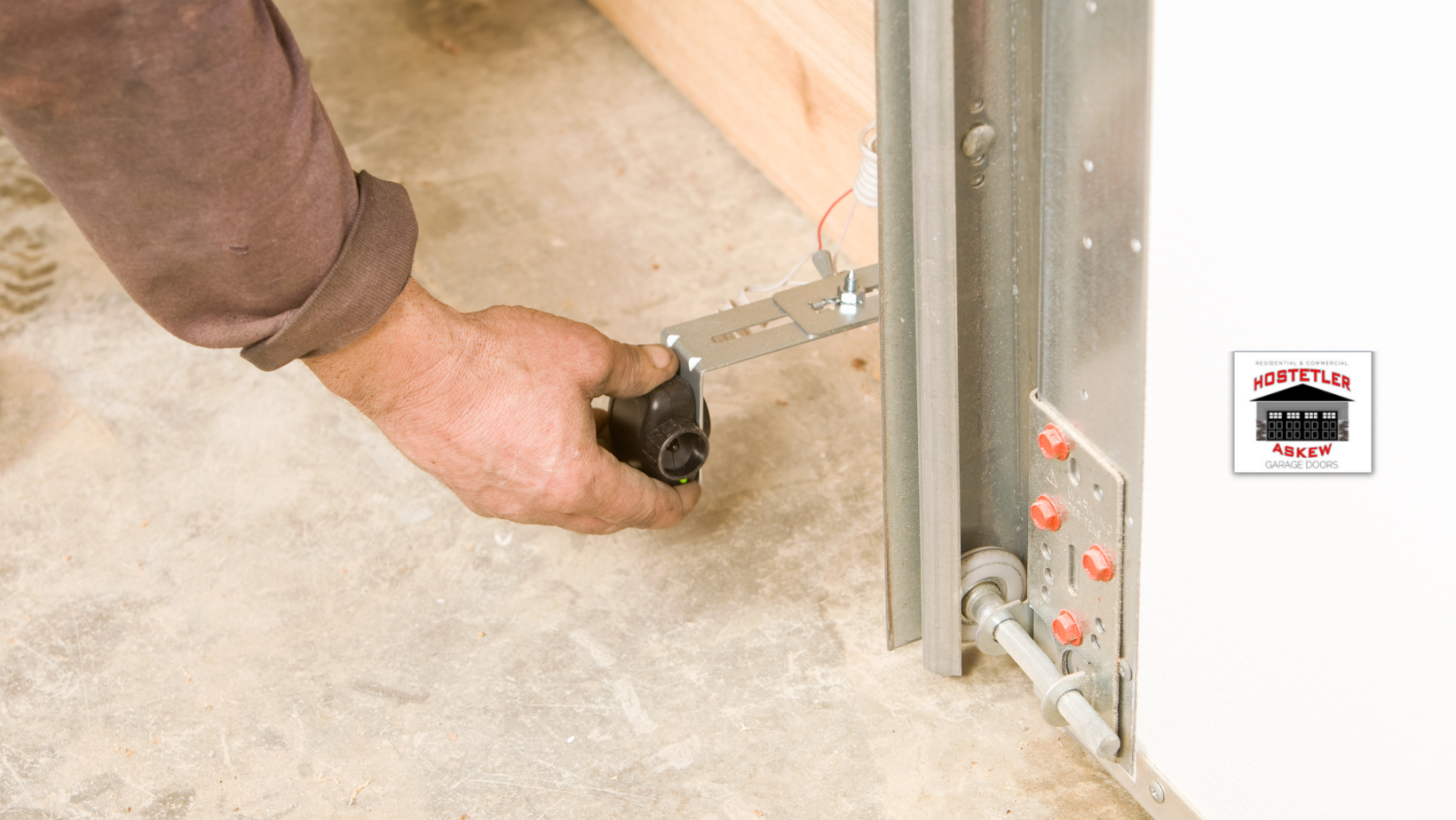How To Pick A New Opener
Is it time to replace your garage door opener?
If it’s been acting funny, making odd noises, or doesn’t have all the features you’d like to see, then the time could be now.
These days, garage door openers come in various models with a range of valuable features. Here’s what you should look for when considering a new garage door opener.
When Is It Time For a New Garage Door Opener?
Garage door openers tend to be pretty hardy, but nothing lasts forever. Typically, most garage door openers will last around ten years before they start exhibiting problems. Then, of course, they can last longer with service, but the time will come when they will need to be replaced.
Assume an upper limit for garage door openers at 15 years. If you observe any of the following symptoms, you will want to get your garage door opener replaced sooner.
- The garage door opener stops reliably opening or closing the door.
- The garage door unexpectedly reverses direction when opening or closing.
- Inconsistent function.
- Excessive noise while in operation.
- Garage door stalls or gets stuck while in operation.
Different Models of Garage Door Openers
Most overhead garage door openers follow similar designs. A motor powers a trolley, which is connected to the garage door. That trolly is what pulls the garage door open or pushes it close. The only significant difference is how various garage door opener models move the trolley.
The main four garage door opener motors break down as follows:
1) Chain-driven: This model uses a metal chain to move the trolley as it raises or lowers the door. It’s a common-used system because of its relatively low cost, but it tends to be noisier than other systems and can give off unwanted vibration. This isn’t usually an issue if the garage is not attached to the house, but you might want to go with a quieter option if it is situated beneath a living area, particularly a bedroom.
2) Belt-driven: This model is similar to the chain-driven garage door opener model, but instead of using a chain to move the trolley, it uses a belt. By comparison, the belt is significantly quieter and without the vibration of the chain-driven model. This is a more appropriate model for garages located underneath or directly adjacent to living or sleeping areas. They cost a little more than the chain-driven model, but they also have fewer maintenance requirements because they have fewer moving parts.
3) Screw-driven: Screw-driven garage door openers use a threaded bar—as you might see on the threading of a typical household screw—that provides the motion required for opening and closing the garage door. The threaded bar rotates in one direction to open the door and then rotates in the other direction as the door closes. They are ideal for heavy garage doors, are generally as quiet as a belt-driven opener, and are energy efficient.
4) Direct-driven: Direct-driven garage door openers have the quietest operation, most minor vibration, and least need for maintenance. Featuring a single moving part, the motor for the direct-driven system travels along the track and also functions as the trolley. This is what opens and closes the door.
Horsepower Ratings
When selecting a garage door opener, look for and compare lifting power rated by individual horsepower. Residential garage door opener models range from 1/2 to 1-½ HP for sectional double-car garage doors. While ½ HP is sufficient, a higher-power model will operate with less effort and less wear on the motor.
Heavier or one-piece doors may require more horsepower. But, again, depending on the door, you may want to consult with a salesperson or garage door specialist for their recommendation.
Standard Garage Door Opener Features
Most residential garage doors measure up to seven feet. Unless your garage door is of a unique custom design, make sure what you’re looking at includes these standard features:
- One or more controllers that can operate the garage door. This can consist of remotes, wall-mount buttons, or keypads.
- Manual controls that allow you open or close the garage door from the inside without the electronic controller.
- A security light activates while the door is in operation and turns off after a set amount of time.
Other Recommended Features
Garage door systems come with various additional features that add value and convenience. Look for:
- Vehicle compatibility that allows the opener to be controlled from within the car.
- Keychain remote.
- Wi-Fi connectivity that allows operation and other control settings from a mobile app or smart device.
- Manual locks that can prevent remotes from opening the garage door.
- Motion-sensor security lights.
- Ability to preprogram opening and closing times.
- Battery backup that allows operation even during a power outage.
- Soft-start/-stop motors that reduce wear and tear on the opener and make operation quieter.
- Included rail extensions to allow for 8-foot-high doors.
Safety and Security
Modern garage door openers often come with a range of features aimed at eliminating accidents and intrusions, such as:
- Electronic eyes that can stop and reverse a closing door in case something or someone is in the door’s path.
- Physical sensors that stop and reverse a closing door when it senses an obstacle.
- Rolling-code remote control features to prevent code theft and ensure that an unauthorized remote control won’t open your garage.
How Much Does It Cost To Install a Garage Door Opener?
It depends.
If you intend to do it yourself, you can install a garage door opener for a few hundred dollars. However, if the garage door spring shows any wear, you’ll want a professional to step in. Garage doors are heavy, and a broken spring can lead to serious injury. Therefore, it is often worth the extra cost to have an expert installation done. Labor can run around $75 or $85 per hour and take two and six hours to complete.
Quality Installation Services
Are you looking for a new garage door opener installation? Fill out a form or give Hostetler & Askew Door a call. We’ll be more than happy to care for all your residential and commercial garage door installation and repair needs. 574.444.9700
